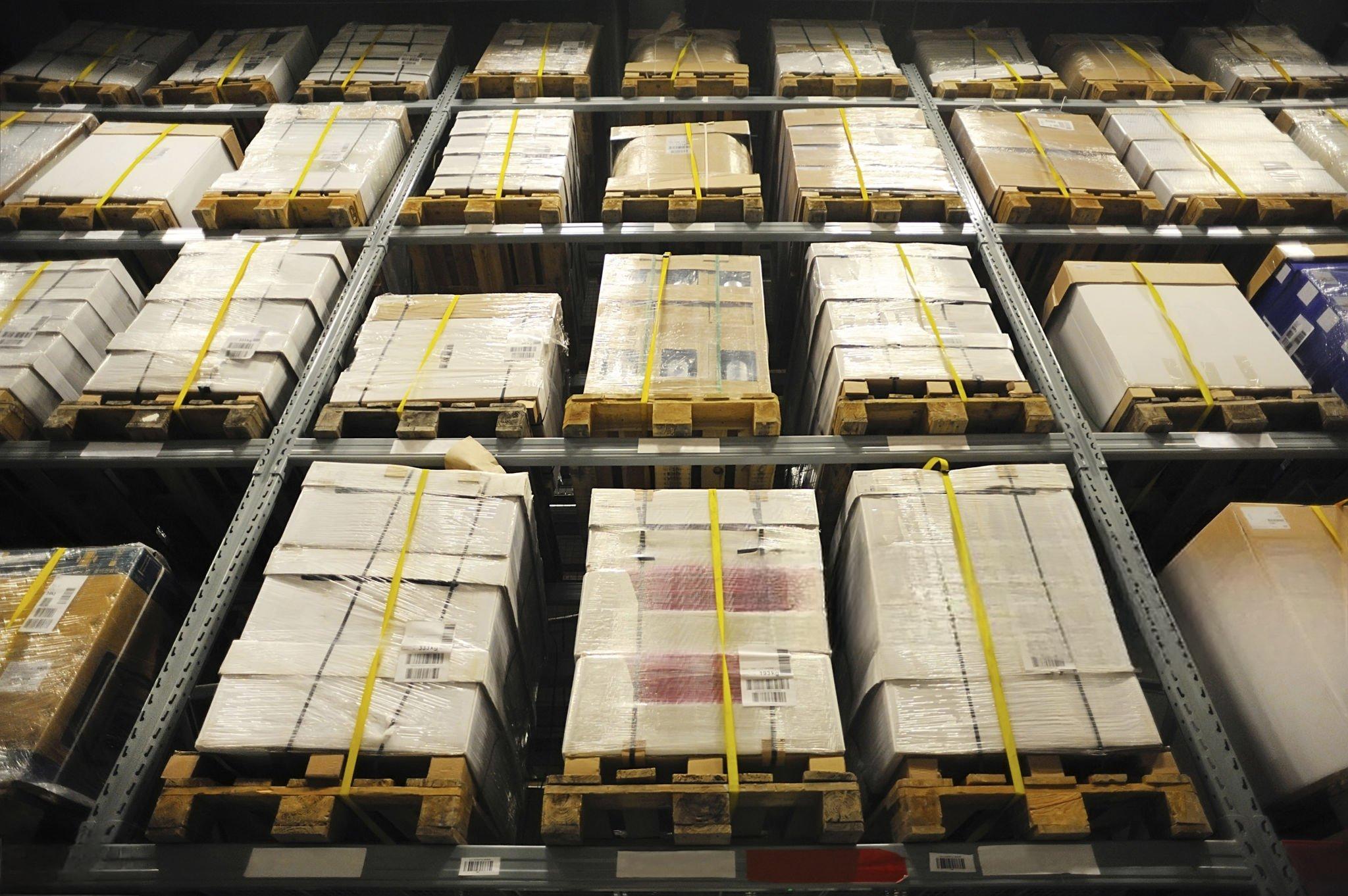
The Hidden Costs of Not Using Plastic Turnover Boxes
Plastic turnover boxes may seem like a simple logistics solution, but overlooking their strategic use can cost your business more than you realize. From damaged goods during transport to inefficient warehouse operations, the hidden expenses of not using quality plastic baskets accumulate quickly. Discover how these versatile containers impact your bottom line across production, storage, and distribution workflows.
1. The True Price of Substandard Material Handling
When businesses underestimate the value of durable plastic turnover boxes, they often face a cascade of operational inefficiencies. Fragile cardboard or flimsy containers lead to product damage rates increasing by 15-25% according to Material Handling Institute studies. Each crushed edge or torn package represents not just lost inventory, but wasted labor in repackaging and potential customer dissatisfaction. Modern plastic baskets with reinforced corners and UV-stabilized polymers maintain integrity through 500+ cycles, while inferior alternatives fail within months. The math becomes clear: investing in proper containers reduces replacement frequency by 80% and cuts damage-related losses by half. Operations managers frequently report 30% productivity gains in assembly lines simply by standardizing on stackable plastic turnover boxes that eliminate unstable totes and unnecessary handling steps.
2. Warehouse Optimization: Space vs. Accessibility
Plastic turnover boxes transform chaotic storage areas into streamlined inventory hubs. Their uniform dimensions allow for 40% more efficient pallet configurations compared to irregular containers, directly reducing warehouse footprint requirements. Nestable designs shrink empty containers to just 30% of operational volume during return logistics. Contrast this with non-standardized containers that consume 2-3 times more trailer space during reverse shipping. Smart warehouses using RFID-enabled plastic baskets achieve 99.8% inventory accuracy through automated tracking, while manual systems with mixed containers average 85-90% accuracy at best. The ability to withstand -30°C to 80°C temperatures makes these boxes ideal for cold chain applications where metal containers cause condensation issues and wooden crates harbor bacteria.
3. Compliance and Safety: The Overlooked Cost Factors
Regulatory penalties and workplace injuries present hidden liabilities for companies neglecting proper material handling solutions. EU Regulation No 10/2011 certified plastic turnover boxes prevent food contamination risks that result in average recall costs of $10M per incident in the food processing sector. Ergonomic designs with integrated hand grips reduce worker compensation claims by minimizing repetitive strain injuries - a critical factor when OSHA reports 34% of all warehouse injuries involve improper lifting. Fire-retardant polypropylene formulations meet NFPA 701 standards, unlike wooden alternatives that require costly chemical treatments. Pharmaceutical manufacturers using non-compliant containers face 483 observations from FDA inspectors, while GMP-certified plastic baskets streamline audit processes with full material traceability.
4. Total Cost of Ownership: A 5-Year Comparative Analysis
This breakdown reveals how plastic baskets become the most economical choice after just 18 months of use. Their modular designs adapt to automated systems like conveyor belts and robotic pickers, whereas inconsistent container sizes force expensive retrofitting of handling equipment. Leading automotive manufacturers report 22% lower per-unit logistics costs after switching to standardized plastic turnover box systems across their supply chains.
5. Industry-Specific Applications and ROI
In automotive parts distribution, anti-static plastic turnover boxes prevent ESD damage to sensitive electronics, saving $120 per $1,000 shipment in warranty claims. The agricultural sector benefits from vented designs that reduce produce spoilage by maintaining optimal airflow - a single plastic basket can handle 20,000 lbs of tomatoes before showing wear versus 300 lbs for waxed cardboard. Pharmaceutical companies utilizing validated plastic containers for clinical trials cut documentation time by 60% through batch-controlled materials that meet 21 CFR Part 11 requirements. Even the aerospace industry relies on custom-sized plastic baskets to transport delicate turbine blades, where a single scratch can scrap components worth more than the entire container fleet.
Why Our Plastic Turnover Boxes Deliver Unmatched Value
With 30 years of polymer engineering expertise, our HDPE turnover boxes exceed DIN 55440-2 standards for load capacity (up to 150kg dynamic/500kg static). Proprietary additives enhance UV resistance for outdoor use, while food-grade options comply with FDA 21 CFR and EU 10/2011 regulations. Customizable dividers, color-coding options, and barcode rails adapt to your specific workflow needs. Contact our logistics specialists today for a free ROI analysis - discover how our plastic baskets can transform your material handling efficiency while slashing hidden operational costs.
Related Posts
- How to Ensure Supply Chain Efficiency with Custom Single Sided Pallets
- Custom European Style Plastic Pallets for Supermarket Shelves
- How to Extend the Lifespan of Your Large Pallets: Maintenance Tips
- How to Prevent Slippage & Load Shift on 1200x1200mm Plastic Pallets in Automated Racking?
- The Difference Between HDPE, PP & Recycled Plastic in 1200x1200mm Industrial Pallets
- Heavy-Duty Large Capacity Durable Plastic Turnover Box Wholesale
Products
Message
Leave a message
Have any questions or requests? Please leave a message and we will get back to you as soon as possible.

